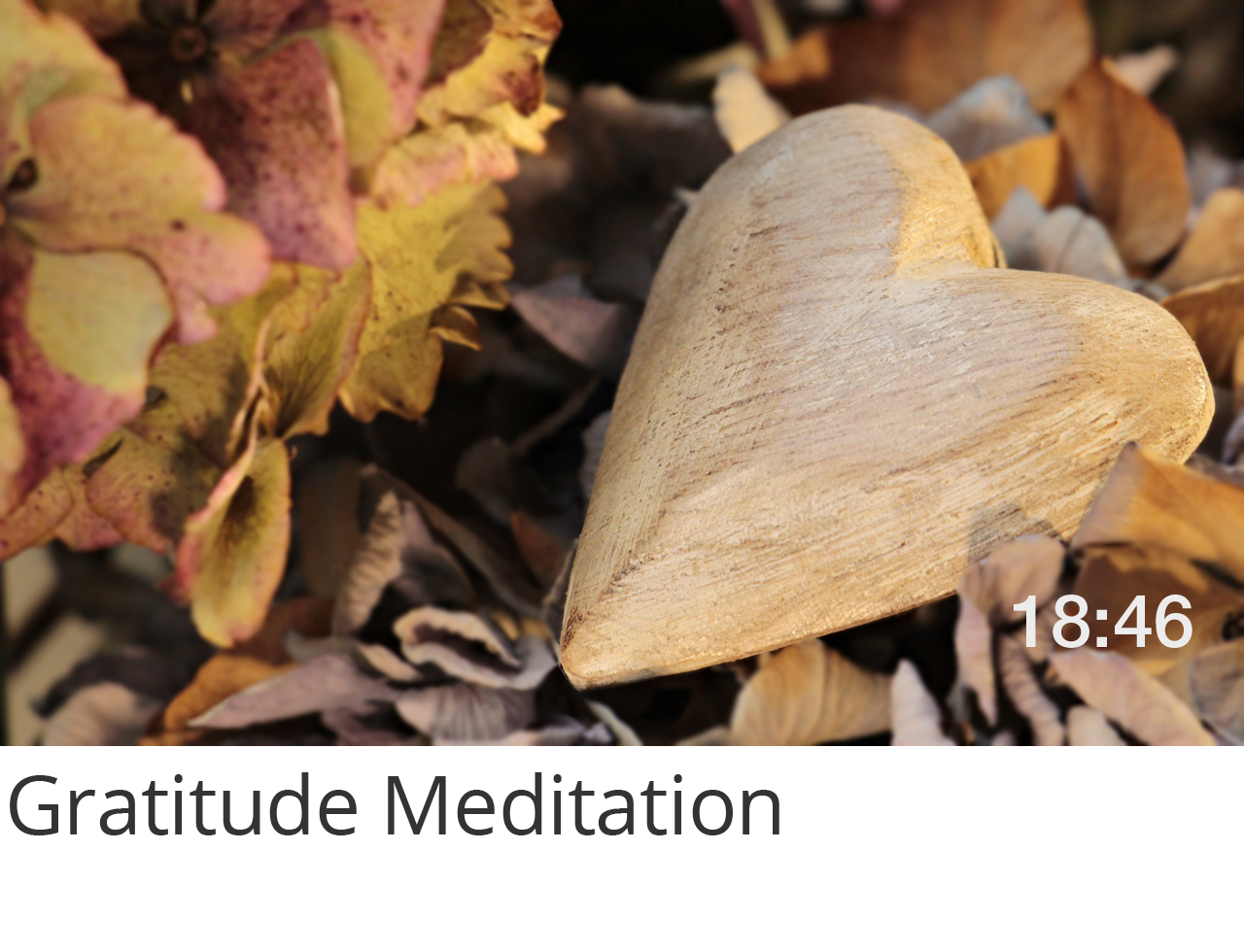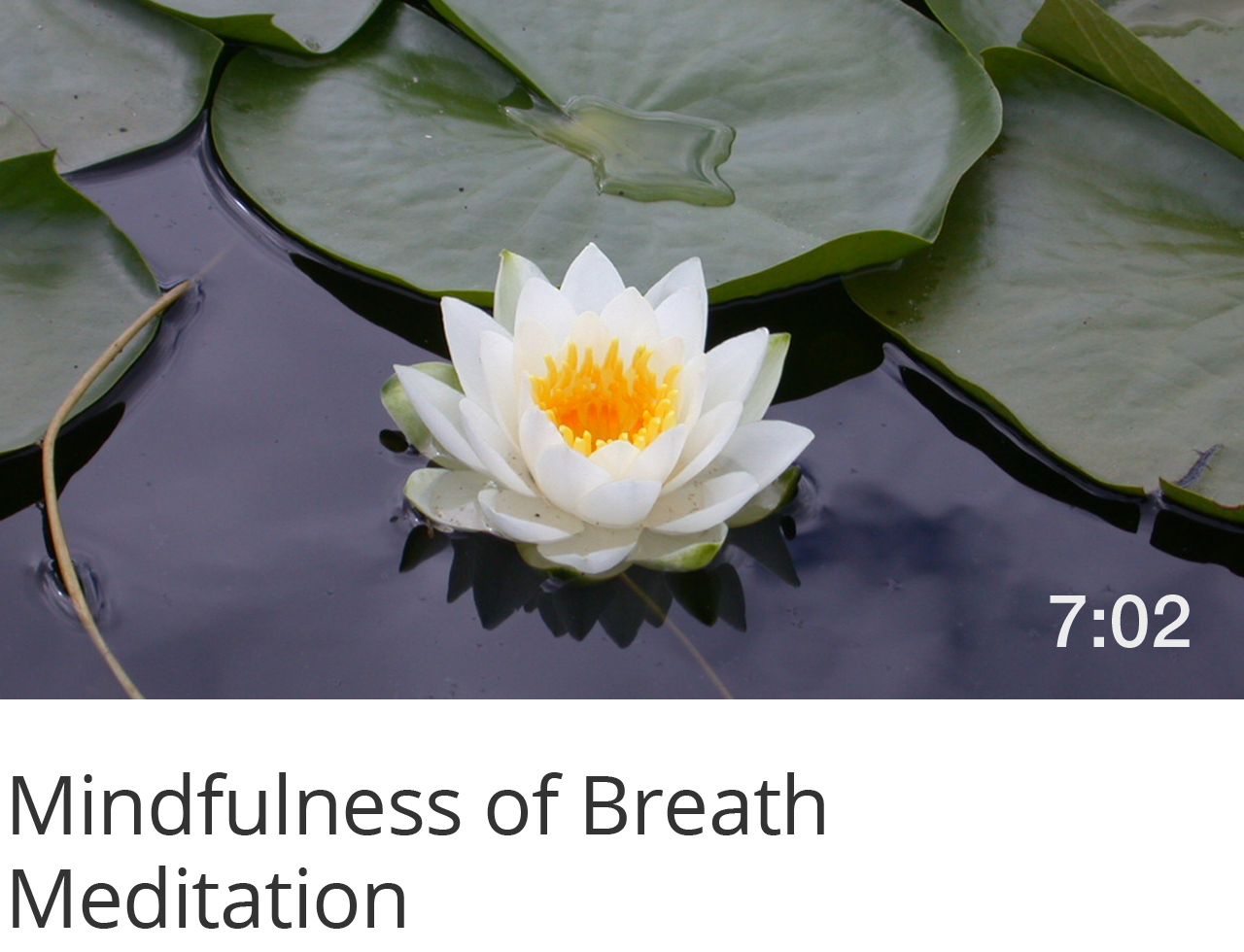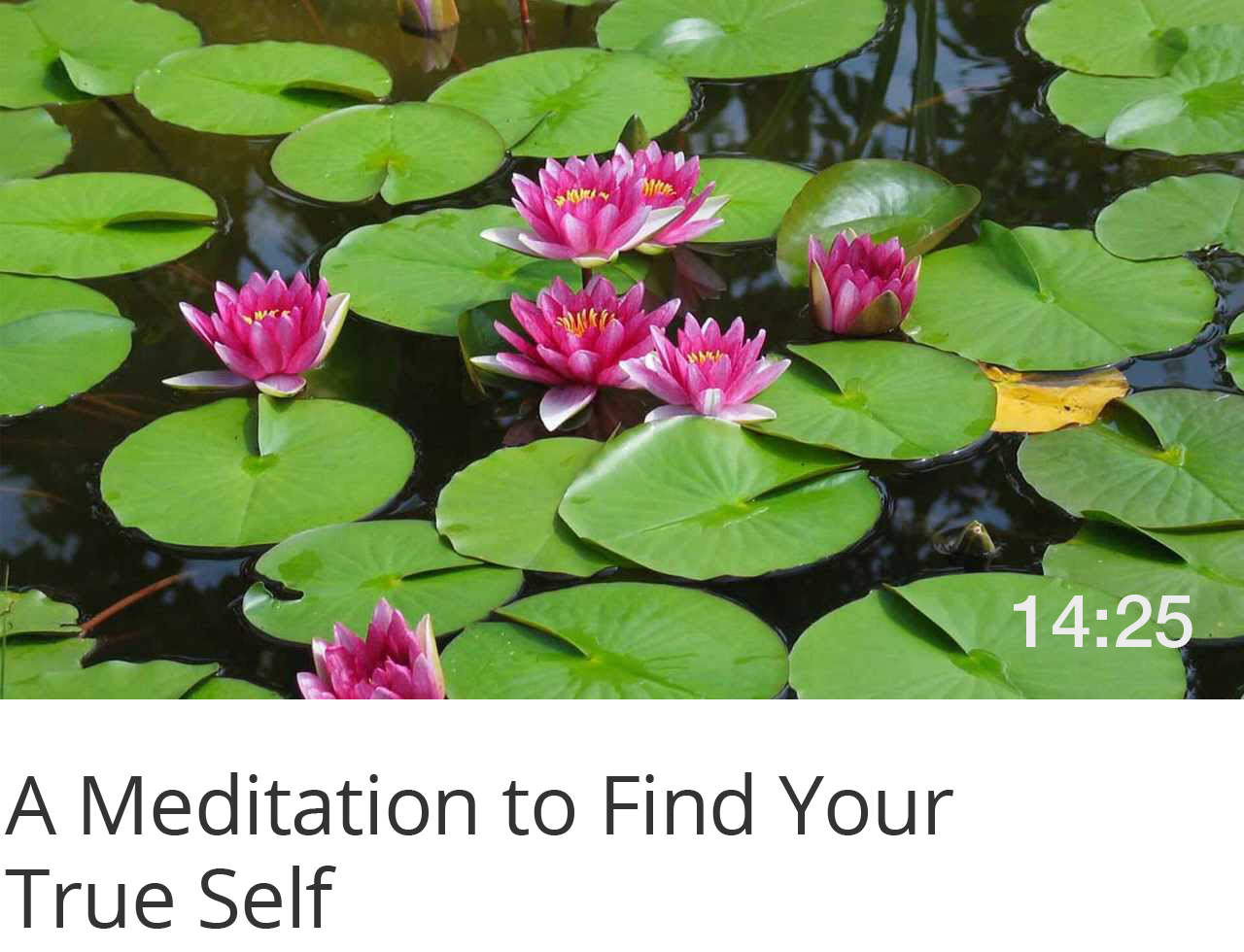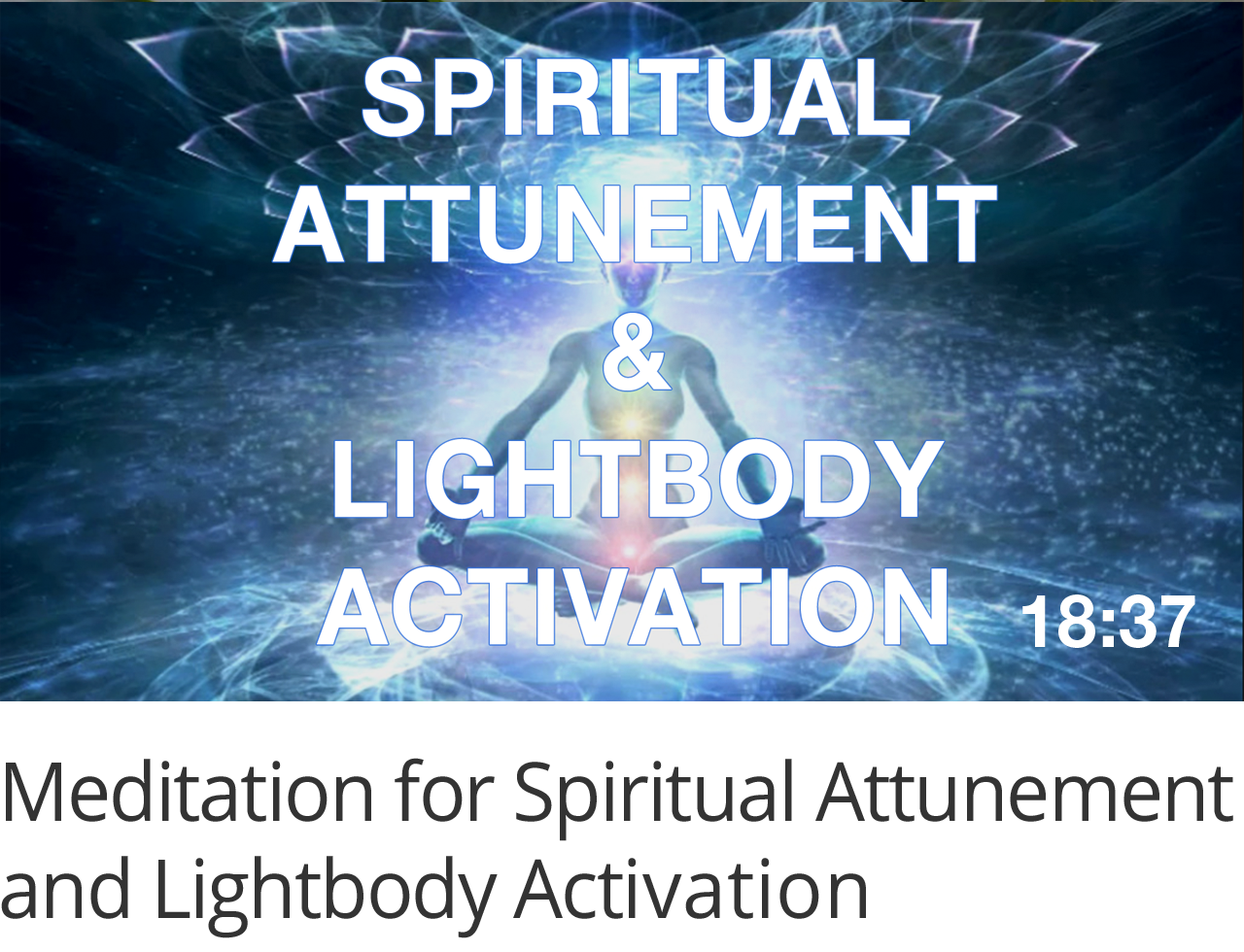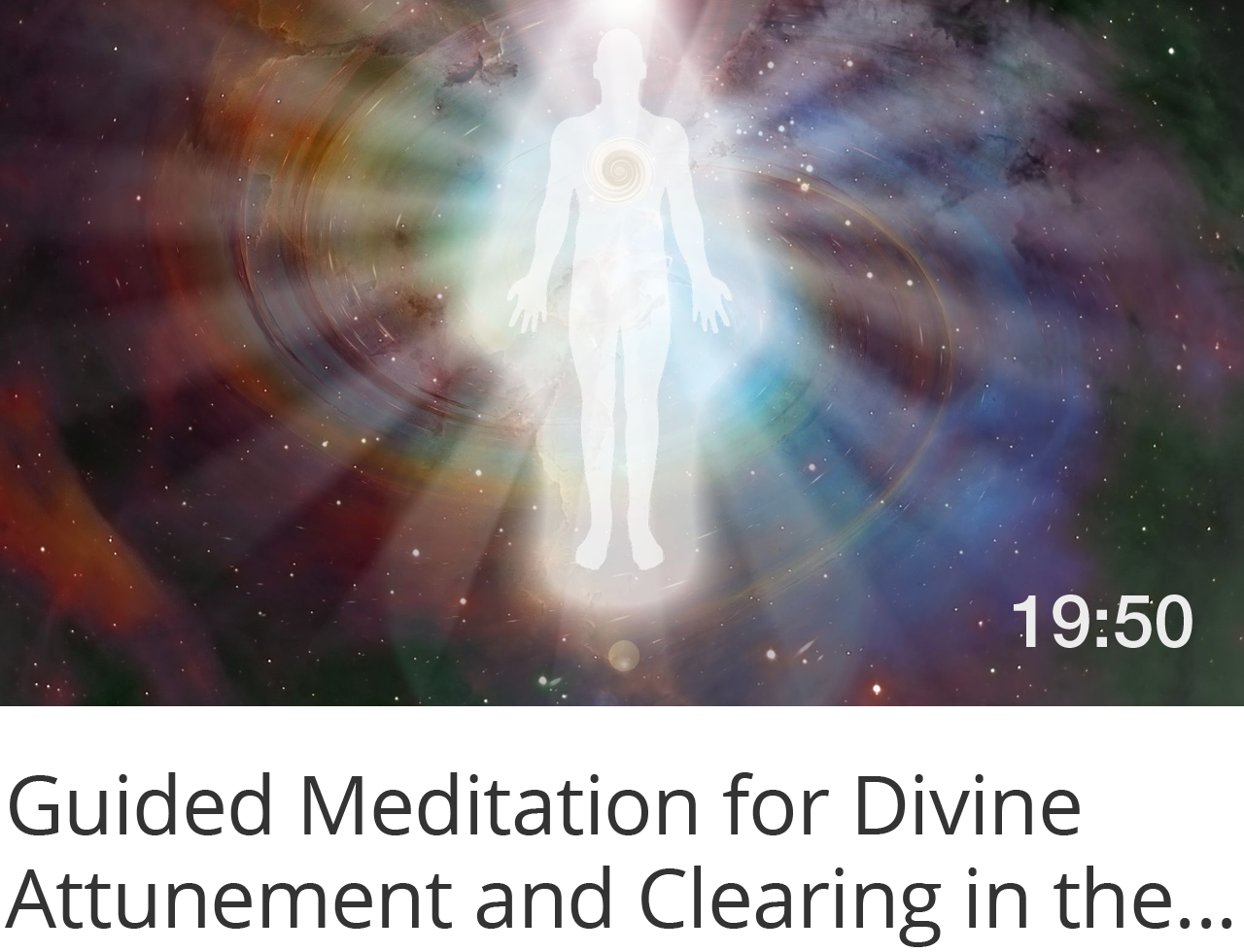Given the concerning nature of world events lately, which are a lesson in mindfulness and reactivity for all players, and a profound message to us all about our self-empowerment and our passivity, it is fitting that I write this post as a rallying call for world peace.
World peace is not some Utopian ideal that we can only dream of. Of course, it may seem that way when the conditions for world peace are perceived in a narrow way within the same systems that give rise to war. Hoping for aggressors in pathological societies to magically see the light with no real change of consciousness within them or the societies that give rise to them is certainly wishful thinking. But actually, world peace is a very practical potential, given the right conditions; it requires us all to safeguard our behaviour and our society, and to stop adapting to and colluding with the pathological systems behind conflict and war. This requires a positive change of consciousness within us all, and an end to pathological passivity, so that we can collectively contribute to making world peace a reality. World peace starts when we experience inner peace and cherish the beauty of life, and continues when we commit to this as an uncompromisable standard or value with our actions.
We are not alone. Almost everybody wants world peace, so we need only work together for this outcome. World peace can be achieved when we all agree to honour the following ten principles of world peace.
- World peace begins within. When we are at peace we can never be at war. Inner peace means being free of the reactivity that breeds disrespect, resentment, hatred, aggression, violence, and conflict. Inner peace also means being at one with life.
- Anything that promotes the flourishing of life with compassion and awareness deserves our full commitment and support. Anything that promotes violence, death and destruction is anti-life and deserves the withdrawal of our energy and support.
- Respect for life always facilitates peace and will never lead to an act of war. We are all human beings sharing one planet. Together we have shared needs and a shared identity that deserves to be realised, respected, and made the foundation for world peace.
- When we respect all life, we can value both the differences and the commonalities. Valuing differences takes strength to break through the egocentric view that the world should be how we see it from our conditioned point of view, or is there to meet our needs only.
- Each one of us shares the collective responsibility for world peace. Waiting for others to bring about world peace is an avoidance of owning our responsibility and power, and will only perpetuate the tendency for war by diminishing the potential for peace. Peaceful thoughts and values are not enough, and need to be embodied in actions that contribute to world peace. Adapting to pathological societies for creature comforts and not holding leaders to account for their aggressive and destructive behaviour is pathological passivity. We are not bystanders in our world: we are all part of one social ecosystem and participate in its functioning with our acts of commission and omission.
- Concentrating collective power in the hands of a few is dangerous. It heightens the likelihood of power being misused or abused and increases its potential for destructiveness. It can expose populations of people to the intensity of that power, most often expressed through powerful weaponry, which can be highly destructive and even world-destroying.
- You cannot force peace. False peace is what is achieved with nuclear deterrents, threats, wars of words, military strategies, and bombing others into submission. These actions are not peaceful and only mask over the underlying hurts, tensions, conflicts, resentments, and mistrust that pose a constant threat to peace. False peace is a disguise for a world still at war.
- Developing compassion for others is essential. Putting ourselves in the shoes of others and connecting to our shared identity awakens our desire to wish others to be free of suffering.
- Gratitude for the blessings of life empowers us to value the peace process because we value life. When we consciously cultivate gratitude for life and the peace that enables it to flourish, we will naturally want to uphold world peace.
- Mindful communication helps us all. By building emotional awareness and sensitivity, mindful communication promotes understanding of shared needs and differences upon which to build world peace without triggering reactive states in others.
Sometimes I am asked, “What about those who commit acts of violence? Shouldn’t we protect ourselves from them with violence?” These principles are not a call to let violence happen to us or anyone else. They are addressed to all in this world who perpetrate violence and to those who stand by and do nothing to stop it. If you believe violence is the answer, I urge you to shift from your mind to your heart and see whether you can find the inner peace and compassion that contribute to world peace.
You may ask, “So while we wait for these principles to be implemented by everyone, are we expected to do nothing when faced with violence?” Of course not. We all have the power to uproot the causes of violence instead of fuelling its growth. By doing so we can fuel the growth of inner peace and compassion.
If faced with immediate violence, we should, of course, protect ourselves in a way that minimises suffering. However, to prevent such occurrences in the first place, let’s begin focusing on implementing world peace now, rather than perpetuating the patterns of conflict and violence through our acts of omission and commission. Let’s not leave world peace until it’s too late.
Enjoyed this article? Inspire others by sharing the link.
Related posts
The Art of Peacemaking in 9 Steps
How You Can Start an Authentic Community


